FM Zarif in Iraq to discuss regional security, US assassination of Gen. Soleimani
Iranian Foreign Minister Mohammad Javad Zarif has traveled to Baghdad ahead of Iraqi Prime Minister Mustafa al-Kadhimi's visit to Tehran on his first foreign trip.
“My trip, which had already been planned, provides a good opportunity to make necessary arrangements before the Iraqi prime minister’s visit,” Zarif told reporters upon arrival in Baghdad Sunday.
Zarif went straight into talks with PM Kadhimi as well as President Barham Salih, Parliament Speaker Mohamed al-Halbousi, head of Supreme Judicial Council Faiq Zidan and chairman of Hashd al-Sha'abi volunteer forces Falih al-Fayyadh.
Topics on his discussions were agreements reached during President Hassan Rouhani's visit to Baghdad in March 2019 and the US assassination of top Iranian military commander General Qassem Soleimani in January, Zarif said.
In his talks with Kadhimi, the two sides explored ways to develop bilateral relations and discussed the latest developments in the region and the world as well as the situation in Iraq.
At Baghdad airport, the Iranian foreign minister visited the site of the assassination where the car carrying Gen. Soleimani and Abu Mahdi al-Muhandis, the deputy head of Hashd al-Sha'abi, was targeted by a US drone on January 3.
The assassination has returned to headlines following a series of interviews this month by Agnes Callamard, UN special rapporteur on extrajudicial, summary or arbitrary executions, in which she denounced the US act as “unlawful”, angering Washington.
Iran, Iraq pursuing assassination case
Zarif told a joint news conference with Iraqi Foreign Minister Fuad Hussein that the assassination by the US was a great blow to the fight against terrorism and that Iran and Iraq were pursuing the case through legal channels.
He said relations between the two countries are based on mutual respect for their sovereignty and territorial integrity as well as non-interference in each other's internal affairs.
Iraq and Iran, Zarif said, stood side by side to confront Daesh and defeated it but they should stay vigilant against a resurgence of the terrorist outfit.
Iran sees Iraq's strength and peace as well as constructive ties with its neighbors as its own, Zarif said as he expressed Tehran's interest in boosting energy and trade relations with Baghdad.
His Iraqi counterpart said he discussed economic ties and religious tourism with Zarif.
After meetings in Baghdad, the Iranian foreign minister is expected to head to Iraq's semi-autonomous Kurdistan region to sit down for talks with President Nechirvan Barzani and other local officials.
Ahead of his visit, Zarif told IRNA news agency that Iraq can play a role in maintaining security in the Persian Gulf.
Kadhimi will travel to Saudi Arabia and Iran back-to-back next week as Baghdad is working to find a balance in relations with its neighbors.
Commenting on the visit, former Iranian ambassador to Baghdad Hassan Danaifard said Iran is interested in strengthening relations with Iraq in various fields and is working to diversify them.
"We hope that these strong relations will continue to grow to reach the levels aspired by both countries.”
Iranian diplomat Emir Mousavi said Kadhimi's visit represents "an important development in bilateral relations,” and revealed that "economic and security cooperation will be among the priority items” on the agenda.
Iraqi politicians say they have recently heard from their Iranian counterparts that "a strong, unified Iraq led by Kadhimi is better for Iran than an Iraq divided and dispersed”.
Iraq relies on Iran for trade and natural gas that generates as much as 45% of its electricity. Iran transmits another 1,200 megawatts directly, making itself an indispensable energy source for its Arab neighbor, but the United States is trying to pry Baghdad away from Tehran’s orbit.
The US has been enlisting its companies and allies such as Saudi Arabia to replace Iran as Iraq’s source of energy.
The US administration is pushing for a deal between Washington, Baghdad and six Persian Gulf states to connect Iraq’s nationwide power grid to that of the Persian Gulf Cooperation Council (GCC).
In the past, officials in Baghdad have said there is no easy substitute to imports from Iran because it would take years to adequately build up Iraq’s energy infrastructure.
They have said the American demand acknowledges neither Iraq’s energy needs nor the complex relations between Baghdad and Tehran.
IRGC deputy chief warns of harsh response to any aggression against Iran
Araghchi appreciates Pakistan’s vote against anti-Iran UNHRC resolution
Discover Iran: Historical, natural, and economic tapestry of idyllic Hormozgan islands
ICE detains 2-year-old girl, sends her to Texas despite court order
VIDEO | Trump claims his 'Board of Peace' might replace the UN
VIDEO | Shadows of Rebellion: How Iran’s protests turned violent
FBI agent investigating Minneapolis deadly shooting resigns
Belgium imposes arms embargo on Israel amid Gaza genocide




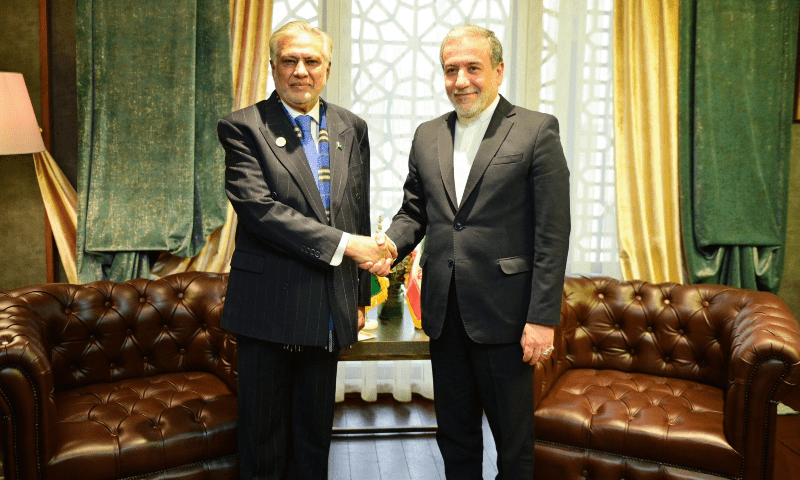
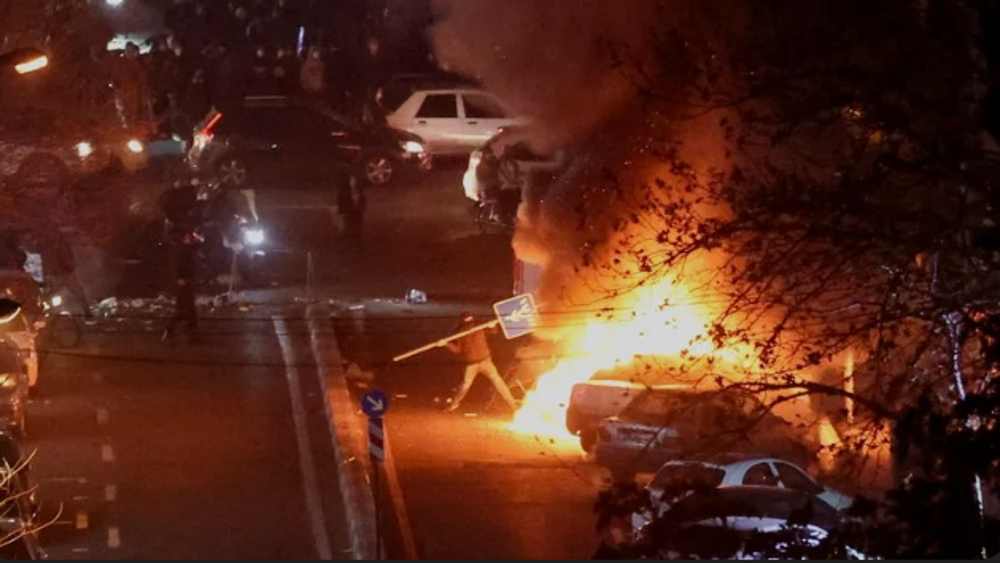
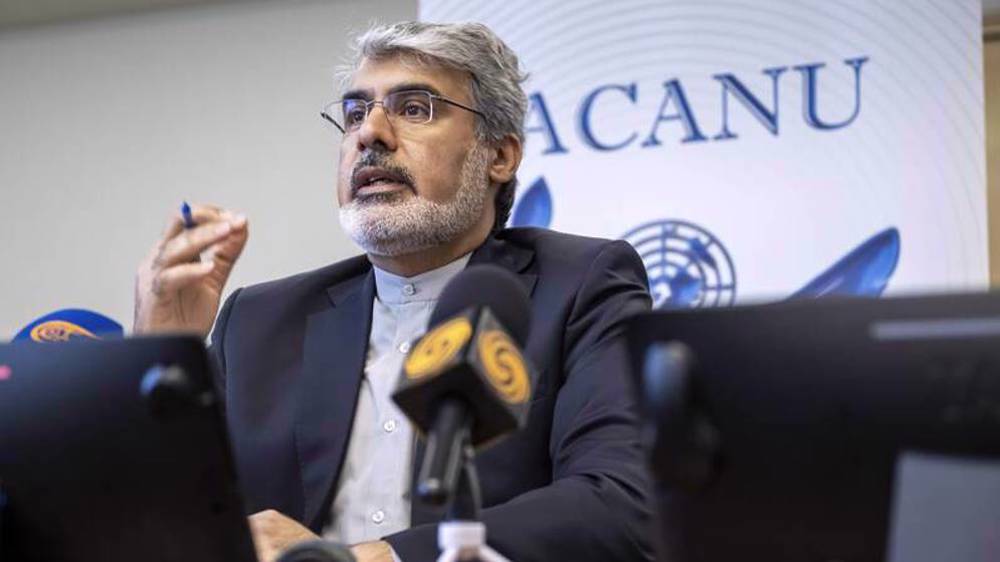



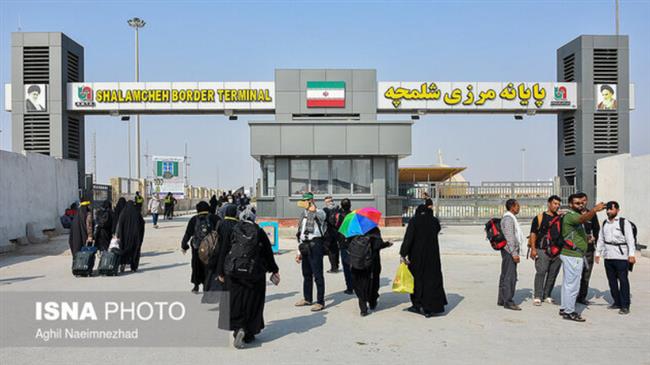
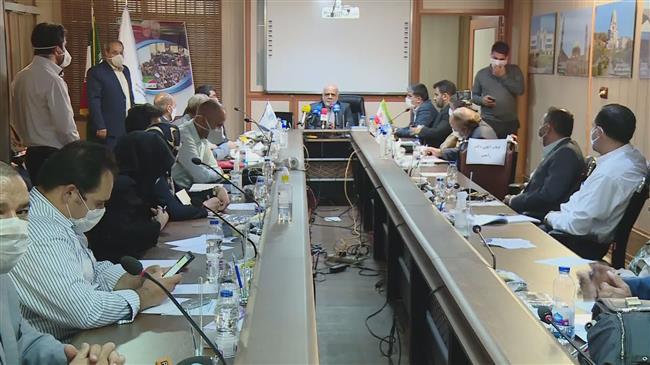
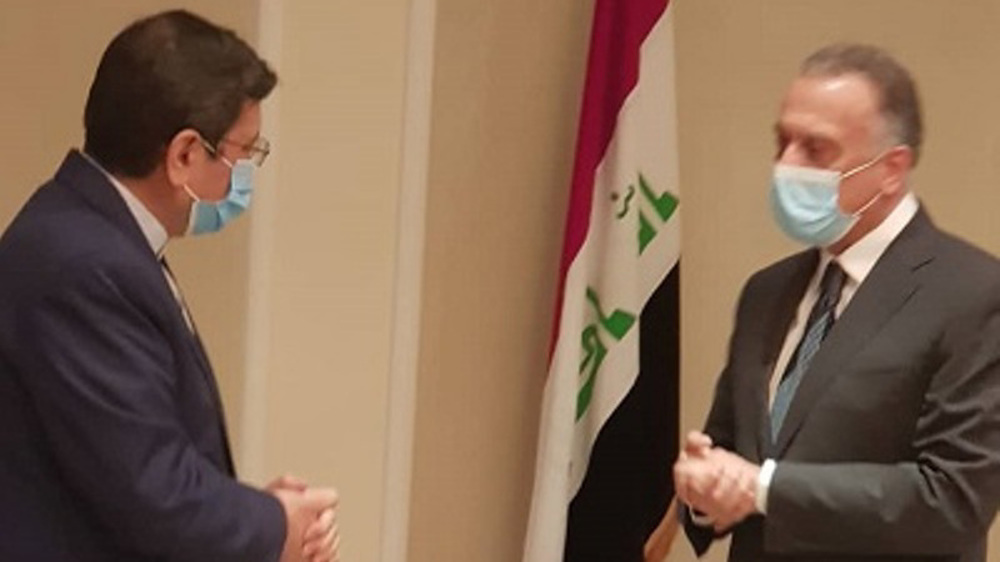
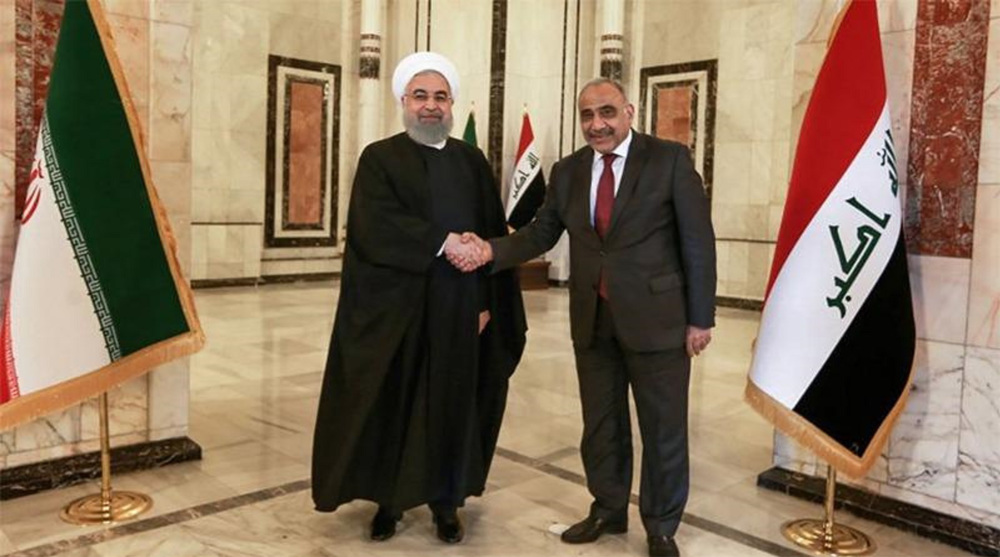

 This makes it easy to access the Press TV website
This makes it easy to access the Press TV website